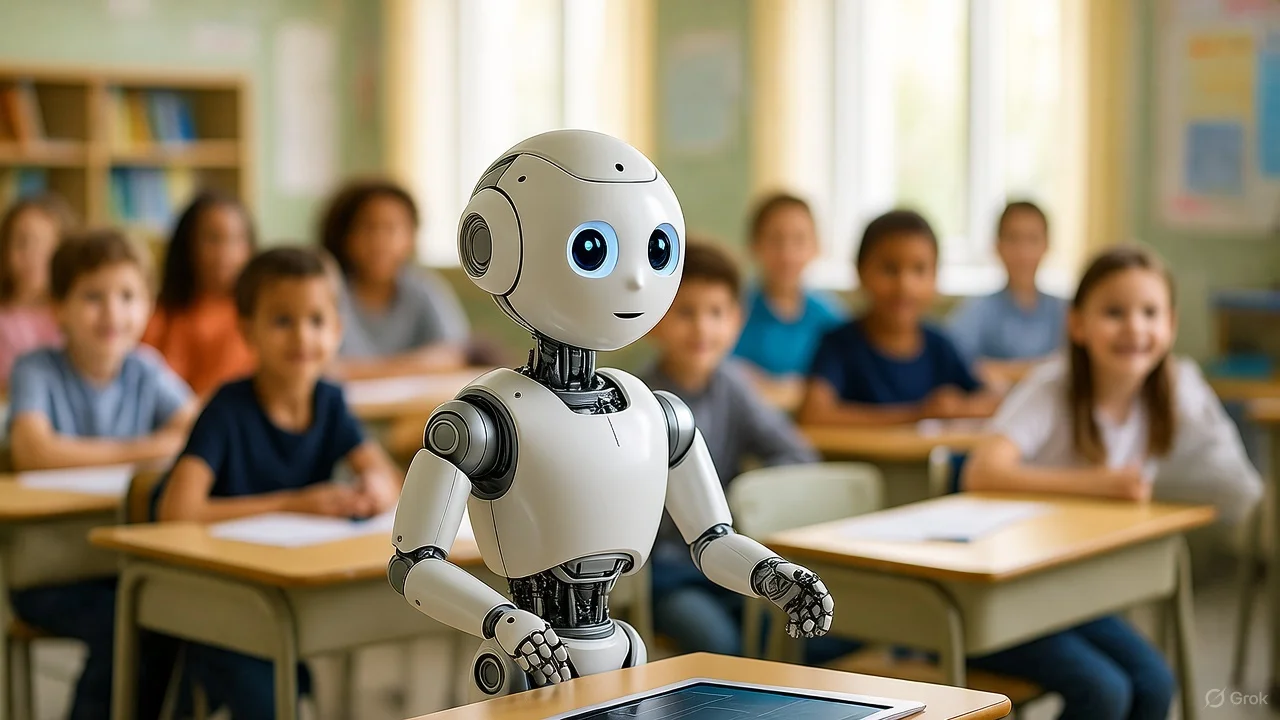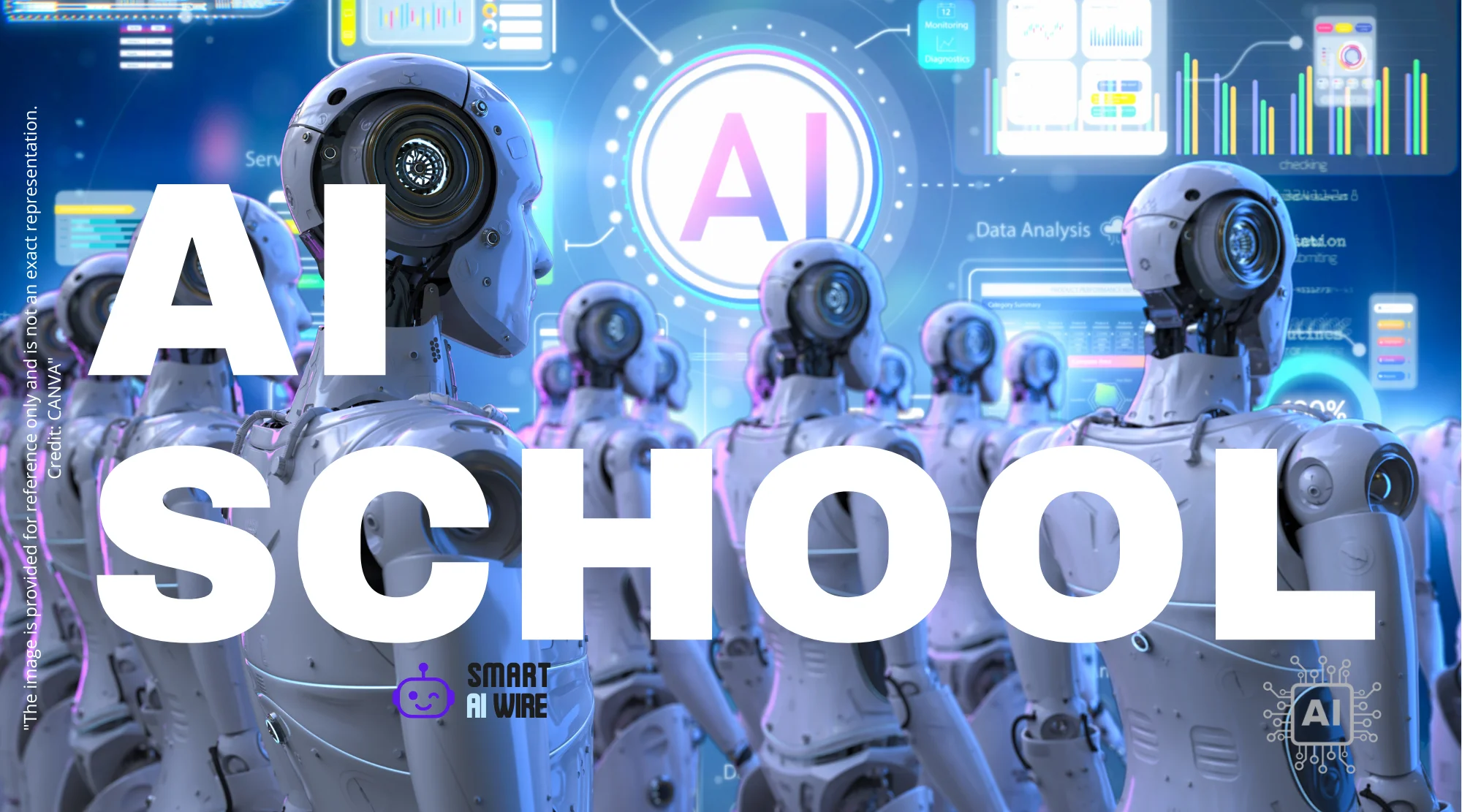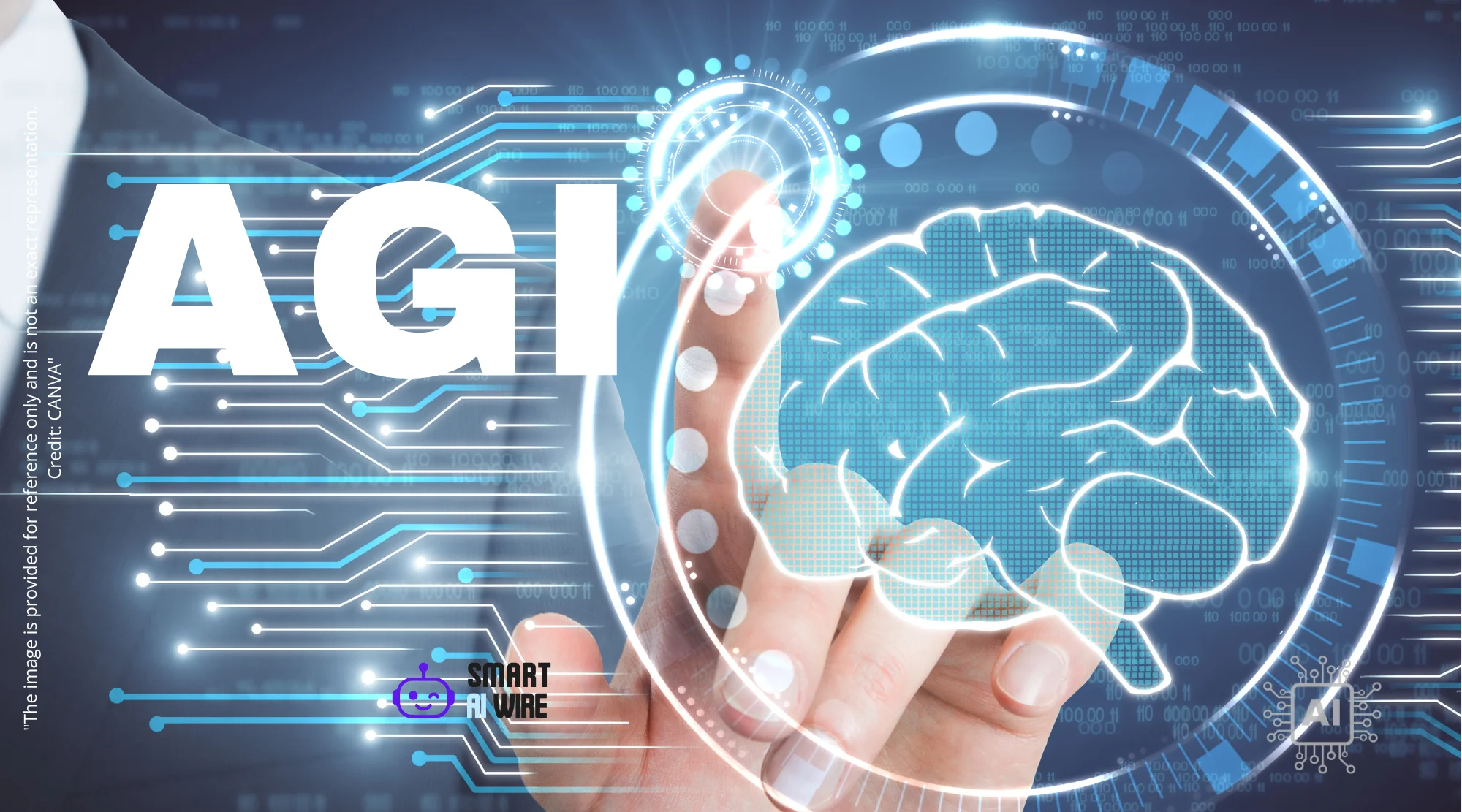Could AI-Powered Schools Be the Future of Education?
The educational landscape is rapidly evolving, with artificial intelligence (AI) poised to revolutionize how students learn and teachers instruct. Imagine a school where AI algorithms personalize every lesson, adapt to each student’s pace, and provide customized feedback in real-time. This vision is no longer a distant dream; some schools are already embracing AI in education, offering a glimpse into a potential future where technology plays a central role in shaping young minds. But are we ready for it?
Personalized Learning Paths with AI
One of the most promising applications of AI in education is personalized learning. Traditional classrooms often follow a one-size-fits-all approach, which can leave some students behind while boring others. AI algorithms can analyze student data, including their strengths, weaknesses, learning styles, and progress, to create customized learning paths tailored to their individual needs.

This can involve adjusting the difficulty level of assignments, recommending specific resources, and providing targeted support where needed.
This individualized approach ensures that each student is challenged and engaged, maximizing their potential and fostering a love of learning. It allows educators to move away from standardized testing and toward a more holistic view of student achievement. “Agentic Browsing: How AI-Powered Chrome Will Impact Your Brand” explores how AI personalizes experiences.
AI-Driven Assessment and Feedback
AI can also transform assessment and feedback in education. Instead of relying solely on traditional exams and quizzes, AI-powered systems can provide continuous assessment through various means, such as analyzing student performance on interactive exercises, tracking their engagement with online materials, and even monitoring their facial expressions and body language to gauge their understanding and interest.
This continuous feedback loop allows teachers to identify areas where students are struggling and provide timely interventions. AI can also generate automated feedback, freeing up teachers’ time to focus on more personalized instruction and support. External Link: See how this aligns with the EdTech market trends on HolonIQ.
The Role of Teachers in an AI-Enhanced Classroom
While AI can automate many tasks and provide personalized learning experiences, the role of teachers remains crucial. Teachers act as facilitators, mentors, and guides, providing human connection, emotional support, and critical thinking skills that AI cannot replicate. They foster creativity, collaboration, and communication, preparing students for success in a complex and rapidly changing world.
The best approach likely involves a blended model where AI augments the capabilities of teachers, allowing them to focus on higher-level tasks such as mentoring, providing personalized feedback, and fostering critical thinking skills. This hybrid approach can leverage the strengths of both AI and human educators, creating a more effective and engaging learning environment. Consider linking this to “AI Chatbots in the Classroom: How Professors are Using AI in Education“.
Ethical Considerations and Challenges
The integration of AI in education also raises ethical considerations and challenges. It’s crucial to ensure that AI systems are used responsibly and ethically, protecting student privacy, preventing bias, and promoting equity. Algorithms should be transparent and explainable, allowing teachers and students to understand how they work and make informed decisions.
Furthermore, access to technology and digital literacy skills must be equitable, ensuring that all students have the opportunity to benefit from AI-powered education. Careful planning and ongoing evaluation are essential to address these challenges and ensure that AI is used to enhance, not hinder, the learning experience. See how AI safety tools are helping in “AI Safety Tools: Navigating the Ethics of Content Moderation“.
Ultimately, the success of AI in education depends on a thoughtful and collaborative approach. By embracing the potential of AI while addressing the ethical challenges, we can create a future where technology empowers students to reach their full potential and prepares them for success in an increasingly AI-driven world.




One thought on “AI in Education: Reshaping the Future of Learning”